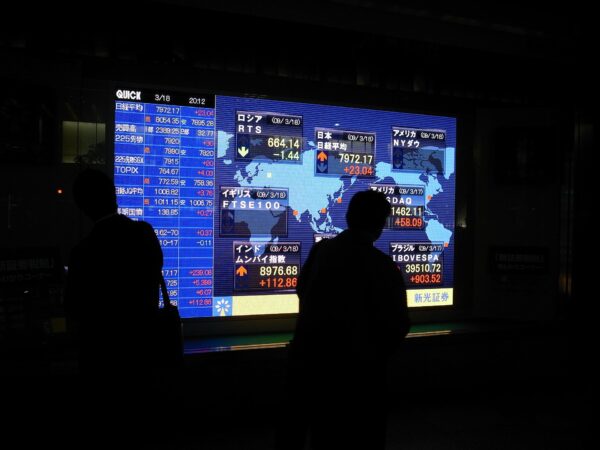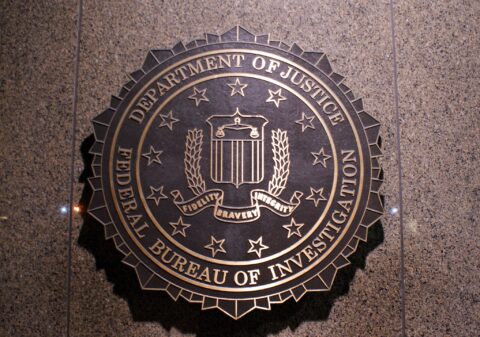On Monday, Japanese stocks experienced their most significant single-day decline since the 1987 Black Monday sell-offs, as a result of the collapse in global stock markets last week, economic concerns, and concerns that investments financed by a low-value yen were being unwound.
As the yen surged to seven-month highs against the dollar and Friday’s dismal employment data exacerbated concerns about a potential recession, the Nikkei share average plummeted by a staggering 12.4%.
This was the index’s most dismal performance in percentage terms since the October 1987 collapse.
The Nikkei Index entered bear market territory as a result of the 27% decline from its July 11 peak of 42,426.77, which was driven by Japan’s banking equities.
Nikkei has lost 113 trillion yen ($792 billion) of its peak market value from July 11 to Monday’s close of 31,458.42.
On Monday, the Nikkei experienced its largest one-day decline in point terms, losing 4,451.28 points.
This loss surpassed the 3,836.48 points it experienced on Oct. 20, 1987, when the Black Monday global stock market collapse impacted Japanese markets.
Shunichi Suzuki, the Japanese Finance Minister, stated that the government was closely monitoring markets with “grave concern.”
The majority of analysts stated that the severity of the sell-off could not be attributed to either interest rate expectations or economic data.
However, the yen’s rise, which had been the funding currency for billions of dollars’ worth of investments for years due to its steady depreciation and near-zero short-term yields, may have been a contributing factor.
The news from Japan is ominous for the American economy, with the Dow Jones down over a thousand points at one point on Monday.
[READ MORE: Expected Iranian Attack on Israel to Come as Early as Monday]















